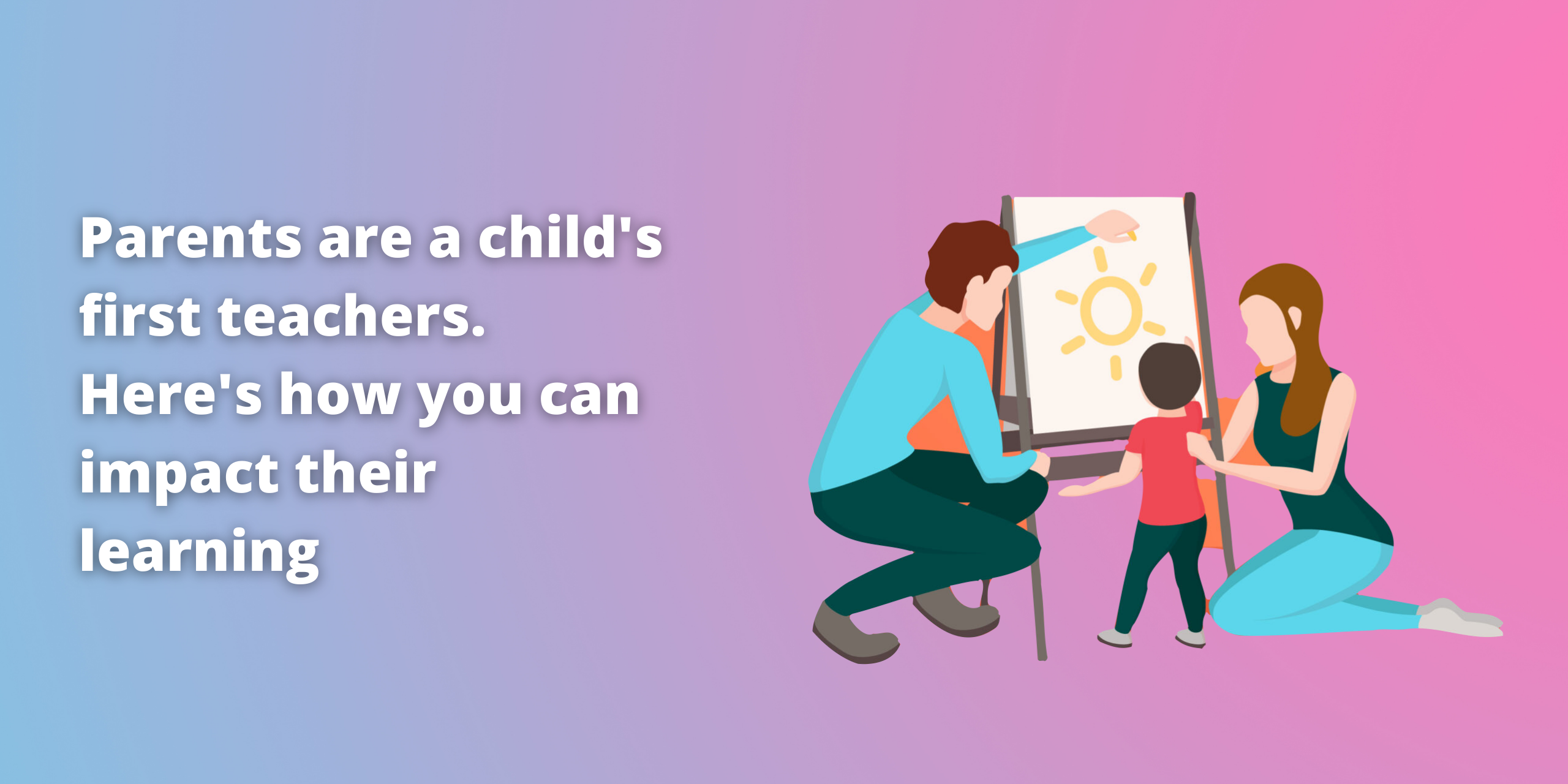
Children’s minds, especially when they are younger, function like sponges. From birth to around the age of five, the relationships that a child makes and also observes, along with the unique experiences they face, shape their development – this includes their emotional, behavioural and physical development. Inherently curious, they are constantly observing the world around them, while learning through the behavior they see and hear. This inquisitiveness helps fuel their cognitive skills and creativity.
For parents, it is therefore important to create a robust foundation with positive experiences that leads to strong opportunities for developing their emergent literacy skills.
Cultivating creativity
A fascinating new study indicates that children don’t just start learning at school, or even at home for that matter. They begin the process of learning while still in the womb, where they can begin to recognise words. From there, learning becomes a process that continues for the rest of their lives.
When it comes to new learning opportunities, some parents handhold their children step-by-step and oversee every aspect of their educational journey. Meanwhile, other parents believe that a child’s natural curiosity will help them navigate the process by themselves and that the best way to encourage children’s creativity is simply to let them be creative without interference.
The truth is, children’s development is always a balancing act.
In an insightful webinar conducted by BYJU’S on how parents are a child’s first teacher, educator Chetna Vasishth, allowing children to attempt new things on their own while guiding them, leads to a more holistic growth. Children need external support to develop their creative capacities to their complete potential. Parental guidance is instrumental in helping children engage in critical thinking. By being their equal partners and engaging in activities with their children, parents simultaneously bolster their relationship with their child and boost their confidence.
Encouraging different types of learning styles
Each child is wonderfully unique and learning is not a one-size-fits-all. In their developing years, parents have the special advantage of being able to observe their children from a front-row seat and understand what style of learning works best for them. Understanding how a child perceives, interacts, and responds to a learning environment can help parents identify what learning method is a good fit for their child. Encouraging different types of learning styles will help parents nurture their natural spark for learning and continue to fuel the child’s enthusiasm for education.
Here are a few distinct learning styles:
Spatial learners: Visual imagery plays an important role for students who learn best using this method. Spatial learners prefer learning by observing things around them or using pictures/diagrams.
Auditory learners: Through this method of learning, a student learns most effectively by listening to information.
Linguistic learners: Students learn best by reading, writing, listening or speaking about new material via this method.
Kinesthetic learners: Tactile learners who use movement, testing, trial-and-error and a non-traditional learning environment to retain and recall information fall under this bracket.
Mathematical learners: Students who think in a linear fashion fall into the category of logical-mathematical learners. Mathematical learners have the ability to analyse cause-effect relationships and learn using numbers and abstract visual information.
Interpersonal learners: This involves interaction and communication-based learning such as participating in group learning projects, social activities, and communicating with other learners and adults.
Intrapersonal learners: Some students are self-motivated learners that like to set individual goals, and prefer to study by themselves with their own thoughts and ideas rather than with others that intrude on those thoughts.
Chetna further suggested that parents can pick up simple and fun activities to enjoy with their children, which carry valuable life lessons embedded in them. For example, preparing a speech or a talk with a child can help boost their critical thinking and linguistic skills. Hosting a dinner or a tea party hones their organisational and mathematical skills. Setting up a ‘pretend shop’ can help them learn the value of money. Games involving cooking, gardening and craft, all have their unique benefits on a child’s holistic cognitive development.
Celebrate your child’s achievements
In adults, feeling appreciated activates the reward centers in the brain that are called the ventral striatum and the ventral medial prefrontal cortex. This response leads to the release of the neurotransmitter, dopamine, which is associated with motivation, focus, happiness, and positivity.
For children, praise is just as important. It is vital to nurture a sense of self worth by celebrating their successes as well as helping them learn from their setbacks. When the effort undertaken by children – no matter how big or small – is valued, it motivates their progress.
Early education is critical to children’s success and parents have the valuable opportunity to walk along with their child on the road to lifelong learning. Parenting can be a delicate and complex undertaking. However, along with the struggles come the successes that make the practice ultimately rewarding and fulfilling.
Toyoja believes that kindness goes a long way. Having worked with some of the country's top news publications in the past, Toyoja values the importance of honest and responsible storytelling. When she isn't working, Toyoja enjoys spending time with her family, listening to history-based podcasts, watching true crime documentaries, reading, painting, exploring the outdoors and spending time with her pets.